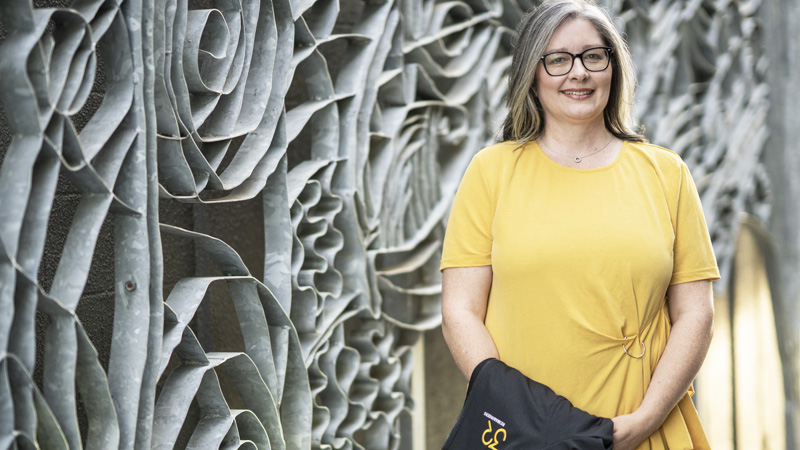Game-changing Government announcement in the war on waste
Above: 3R CEO Adele Rose
MEDIA RELEASE:
New Zealand has one of the worst records on waste in the OECD but that’s all about to change, says industry expert Adele Rose.
Today (29 July), the Associate Minister for the Environment, Eugenie Sage, declared six product categories ‘priority products’, changing how we will manage our most problematic waste streams, says Adele, Chief Executive of sustainability specialists 3R Group.
“Single-use plastic packaging, tyres, e-waste, synthetic refrigerant gases, agricultural plastics and agrichemicals have all been singled out for the harm the Government considers they cause in the environment when their disposal is not properly managed.”
According to Adele, this is the single biggest announcement in terms of waste reduction and resource recovery in New Zealand history. “The announcement has been eagerly awaited by those in the waste management and recycling sector as it enacts powerful legislation already within the Waste Minimisation Act 2008 to deal with the country’s most problematic waste products.
“Making a declaration of priority product simply signals which products the Government considers cause the most harm and therefore need to be covered by a regulated product stewardship scheme. A scheme then manages the product through its full life cycle and in particular at its end of life,” Adele says.
“Most consumers seeing mountains of recyclables being landfilled, tyres being illegally stockpiled and dumped and the visual reminders of uncontained waste as growing pollution in our oceans, will agree that it’s time for real action and real solutions which this announcement enables.”
3R Group has been working in product stewardship for 16 years, designing and managing schemes for paint and its packaging, tyres, food and beverage packaging, child car seats, and commercial and agricultural plastics and chemicals.
“We have recently completed projects working with industry and the Ministry for the Environment outlining exactly what the regulated schemes for tyres and synthetic refrigerant gases should look like.
“We also manage existing government-accredited voluntary schemes for glass bottles and jars, and food and beverage packaging, as well as paint and its packaging on behalf of a range of organisations. These voluntary schemes have achieved great results however they will all be positively impacted by the announcement as it allows for the removal of ‘free-riders’ – those currently unwilling to play their part in looking after their products at end of life.
“Bringing all parties on board will allow these schemes to step up the scale of their impact.”
“Regulated product stewardship has the potential to transform New Zealand in terms of reducing waste. It will decrease our reliance on virgin materials and tackle elements of climate change, while stimulating job creation as new business opportunities are realised.”
“It will also stimulate investment in onshore processing because a supply of recycled material will be assured,” Adele says.
According to 3R, product stewardship is the cornerstone of the development of a circular economy – where waste becomes a resource, rather than something to be thrown away. “This steers us away from the current wasteful linear economy where we take resources, make things and then just throw them in landfill,” she says. “Critically, it forces change further up the supply chain, looking at design, manufacture and material use with manufacturers and retailers playing their part.”
Product categories announced as priority products:
- Plastic packaging
- Tyres
- Electrical and electronic products (e-waste)
- Refrigerants
- Agrichemicals and their containers
- Farm plastics







